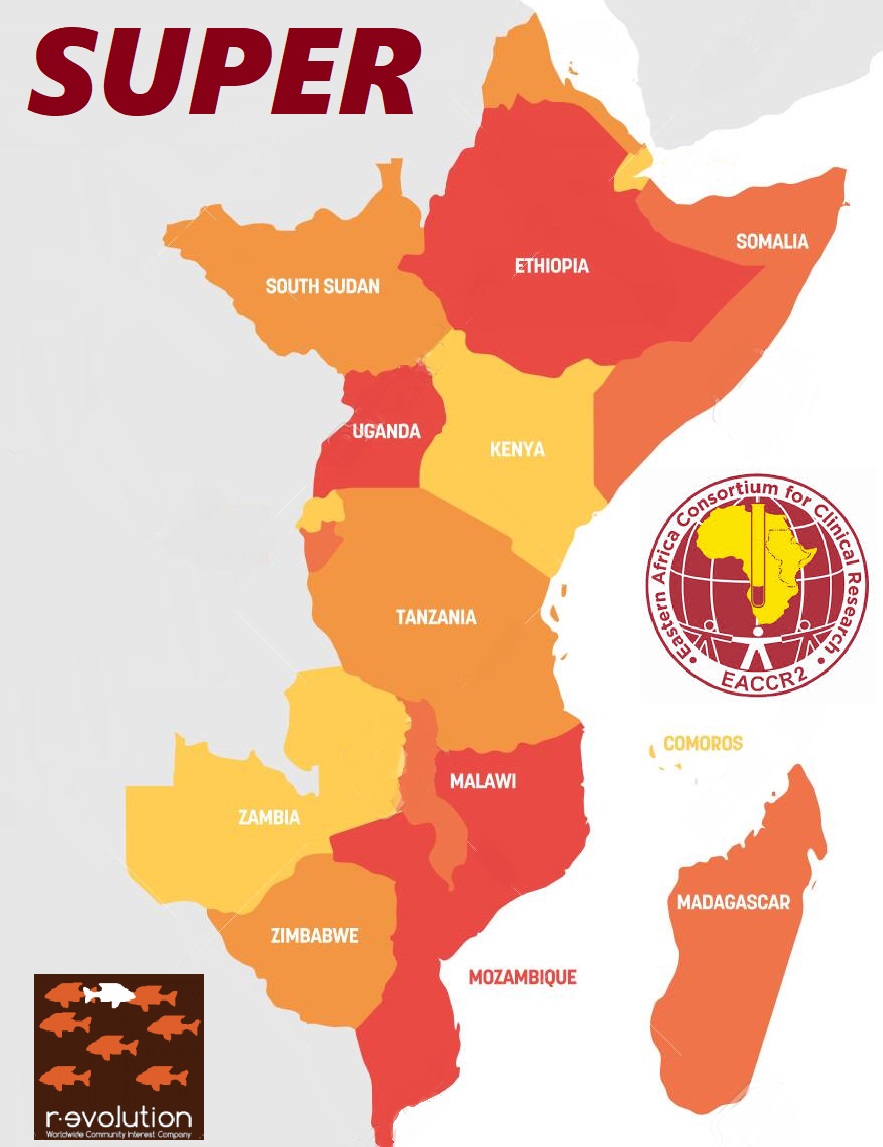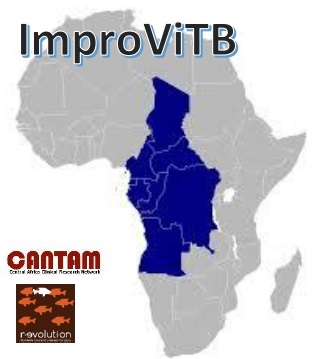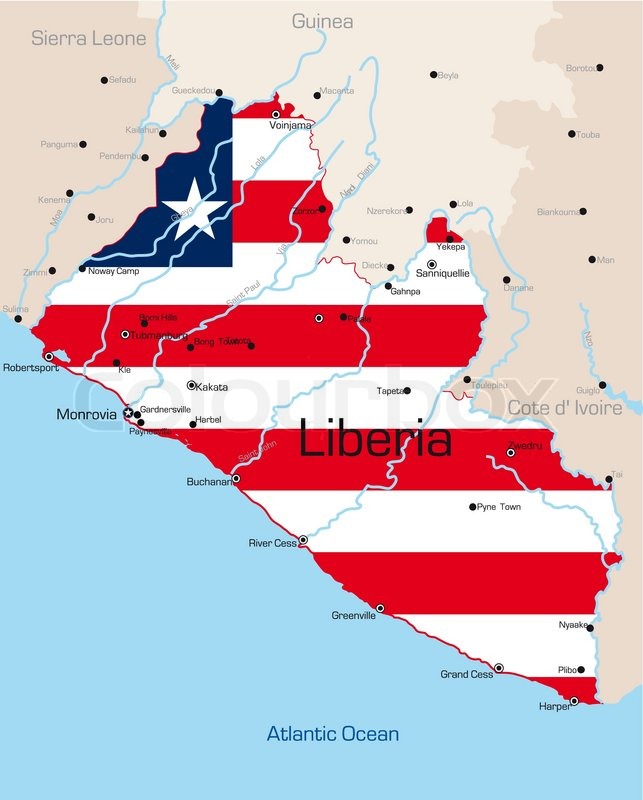Posts
INTEGRATION+
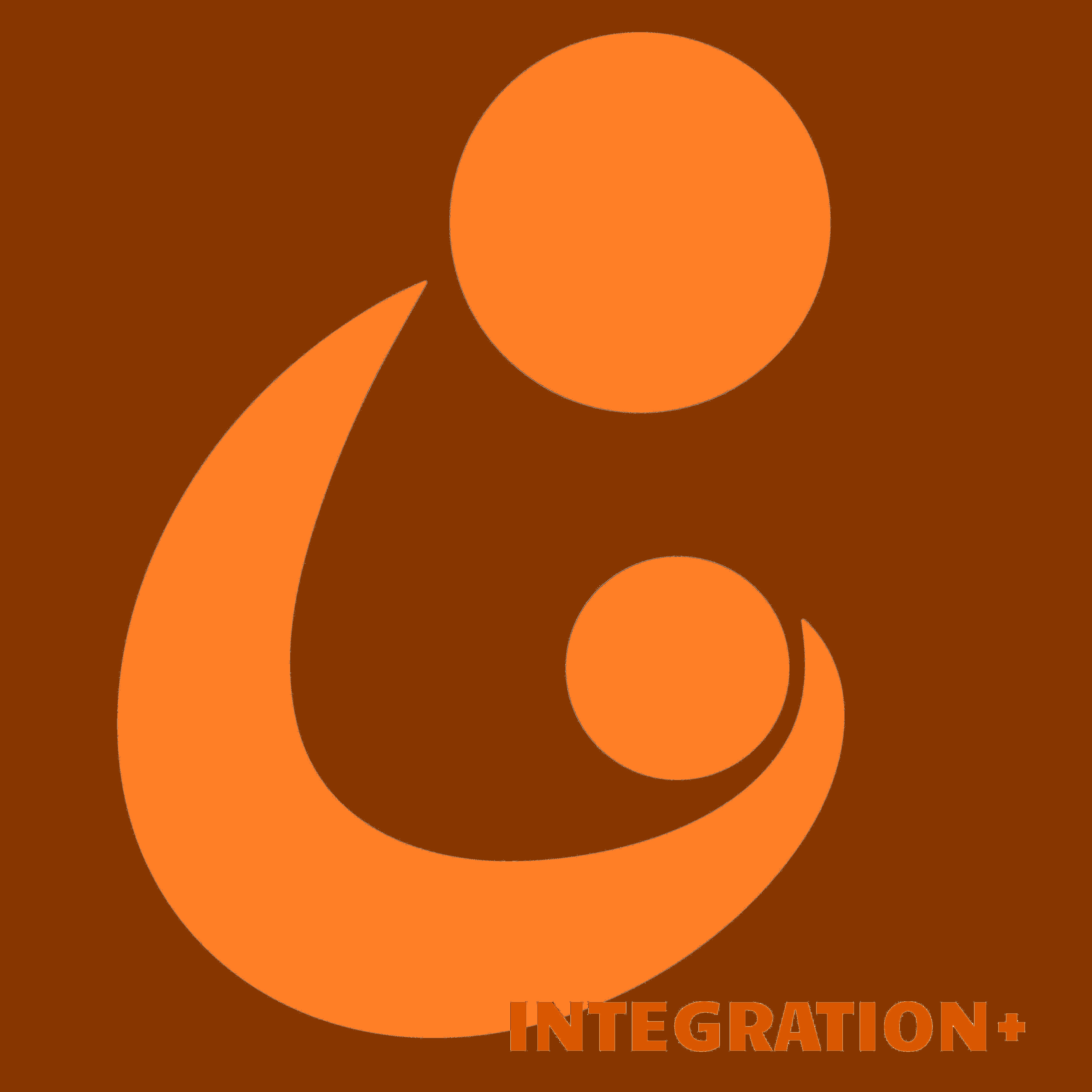
INTEGRATION+ is an implementation research focused on malaria in pregnancy, with the potential to change national health prevention policies to protect an additional 13 million pregnant women each year from
AfriEthique

A European-African partnership aimed at improving the ethics and regulatory capacity of clinical research in Central African countries has successfully proposed its project (AfriHetique) to the European Commission (EDCTP). The partnership
R-Evolution Sierra Leone
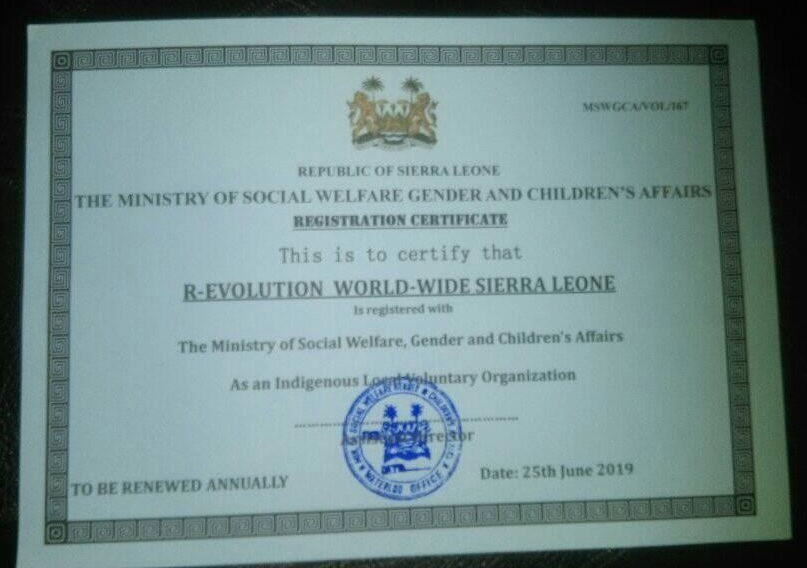
R-Evolution Worldwide Sierra Leone is a Local Voluntary Organization of Sierra Leoneans established to help and support vulnerable children, youth, women and communities to build a brighter future in changing
EXCO2019, the first and only global expo dedicated to the players active in the field of development cooperation
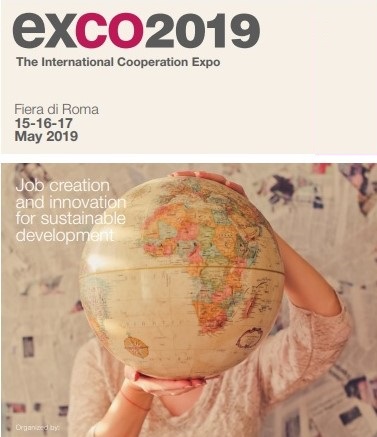
R-Evolution Worldwide Community Interest Company joined in EXCO2019, the first and only global expo dedicated to the innovative solutions provided by the actors of development cooperation: national and international agencies,
Malaria incidence stopped to decrease and begun to increase, especially in the 10 countries with the highest burden of malaria

R-Evolution Worldwide Community Interest Company participated as observer to the 15th WHO meeting of the Malaria Policy Advisory Committee (MPAC). The meeting highlighted how in the last couple of years
The way to build bridges instead of walls is still long.
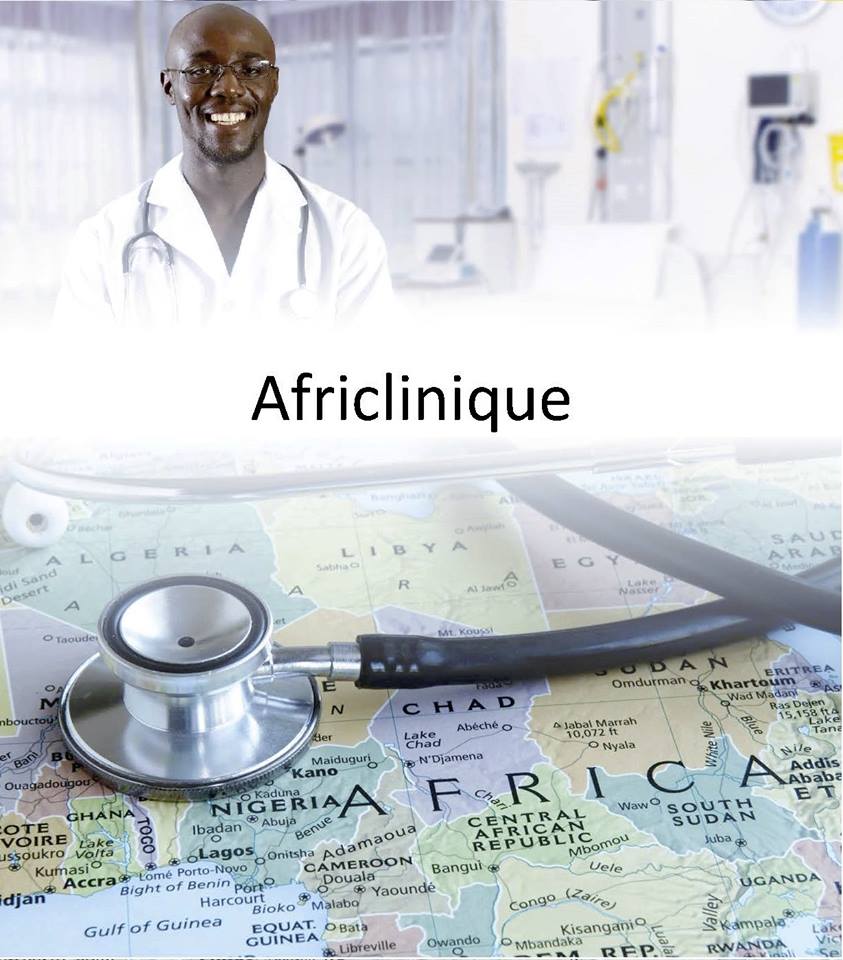
The way to build bridges instead of walls is still long, but I am happy to have got European Union funding for this project. Africlinique project aims to increase the
